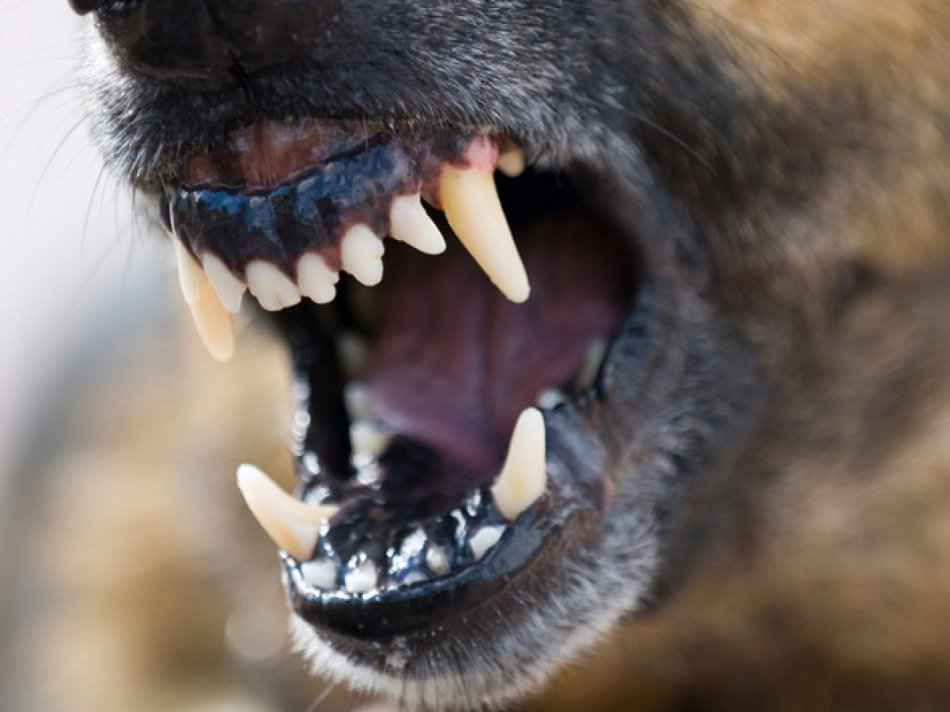Rage Syndrome is a rare disorder that usually affects English Springer Spaniels and English Cocker Spaniels, but may also affect other breeds. The specific cause is unclear, but various hypotheses are being investigated. It may be epilepsy, a chemical deficiency in the dog’s brain, or a personality disorder passed down through a line of puppies as a result of poor breeding. Rage Syndrome is a really sad illness that affects both the dog and you.

Causes Of Rage Syndrome In Dogs
The causes of rage syndrome are hereditary in nature, and certain dog breeds are much more likely than others to experience this issue. Springer Spaniels are especially associated with the condition, although Cocker Spaniels, Golden Retrievers, Poodles, and Doberman Pinschers are all breeds that may be more prone to it. Also in breeds that have a genetic connection to rage syndrome, the disease is exceedingly rare.
Signs And Symptoms Of Rage Syndrome
Rage syndrome is characterized by unprovoked, abrupt attacks, which often involve family members. Other than probably a hardening of the paws, the dog does not appear to offer any warning. The attack could then end as quickly as it began, with the dog sometimes acting as though nothing had happened. Many pet owners say that their dogs apologized for the attack by kissing the owner and acting subservient.
Misdiagnosis
The word rage syndrome is almost definitely being used wrongly to characterize violence that does not adhere to the recorded norm. Making the issue seem even larger than it is. Dogs with rage syndrome can become violent in some repeatable scenarios.
These conditions may elicit a range of reactions, such as an owner leaning over the dog or trying to shift it from a chair, sofa, or bed, which could result in an aggression or threat. The behavior is caused by a variety of repeatable stimuli. If this is the case, it makes it less likely that the dog is suffering from a seizure disorder or rage Syndrome.
Other studies revealed that they had abnormally low levels of serotonin metabolites in their urine and cerebral spinal fluid. This indicated that the violence was related to abnormally low serotonin levels in the brain. This was consistent with results in aggressive mentally ill dogs and shelter dogs.
Serotonin is a neurotransmitter, which are brain chemicals that have a calming impact. It tends to reduce the amount of aggression associated with dominance in most mammals. Although higher serotonin levels may not inherently alter an animal’s social status, they do reduce the probability of violent displays, which could be used to preserve social role. These results led to the use of drugs that increase serotonin levels in dogs to treat dominance aggression. It was recorded that 50% of dominant aggressive dogs reacted favorably to these medications, with aggressive behavior decreasing.
Treatment For Rage Syndrome In Dogs
If your vet agrees that your Cocker Spaniel has sudden onset violence, you will be able to handle it with drugs such as anti-epileptics. Unfortunately, every dog reacts differently to treatment, and medication can eventually be unsuccessful.
Unfortunately, due to the volatile nature of this disease and for the sake of protection, the only other option is euthanasia. Meanwhile, conscientious Cocker breeders’ cautious breeding would hopefully help to eliminate this issue from the Cocker Spaniel breed.
Treating a diabetic dog with Rage syndrome can also be a challenge. Since most dogs never seem to be monitored. Your dog needs consistent insulin administration, consistent nutrition, and a healthy, stress-free lifestyle. Detecting the amount of glucose in your pet’s blood. This is the most effective procedure, which is performed in the clinic by your veterinarian or at home using a portable glucometer and blood test strips.
Recovery Of Rage Syndrome In Dogs
To better treat the effects of rage syndrome, you will need to give your dog medicine and take him in for periodic testing. The way you treat your dog can need to be adapted to his unique requirements. To guarantee the safety of everybody in the household, your dog can need lifetime treatments and supervision. Prognosis is fair, as some dogs may improve with care and others may continue to display aggressive behaviors.
Rage syndrome can be a debilitating disorder, and owners may not be able to put up with the constant danger of unmitigated aggression by affected dogs. Since this disease may have a genetic aspect, it is suggested that affected dogs not be bred.
